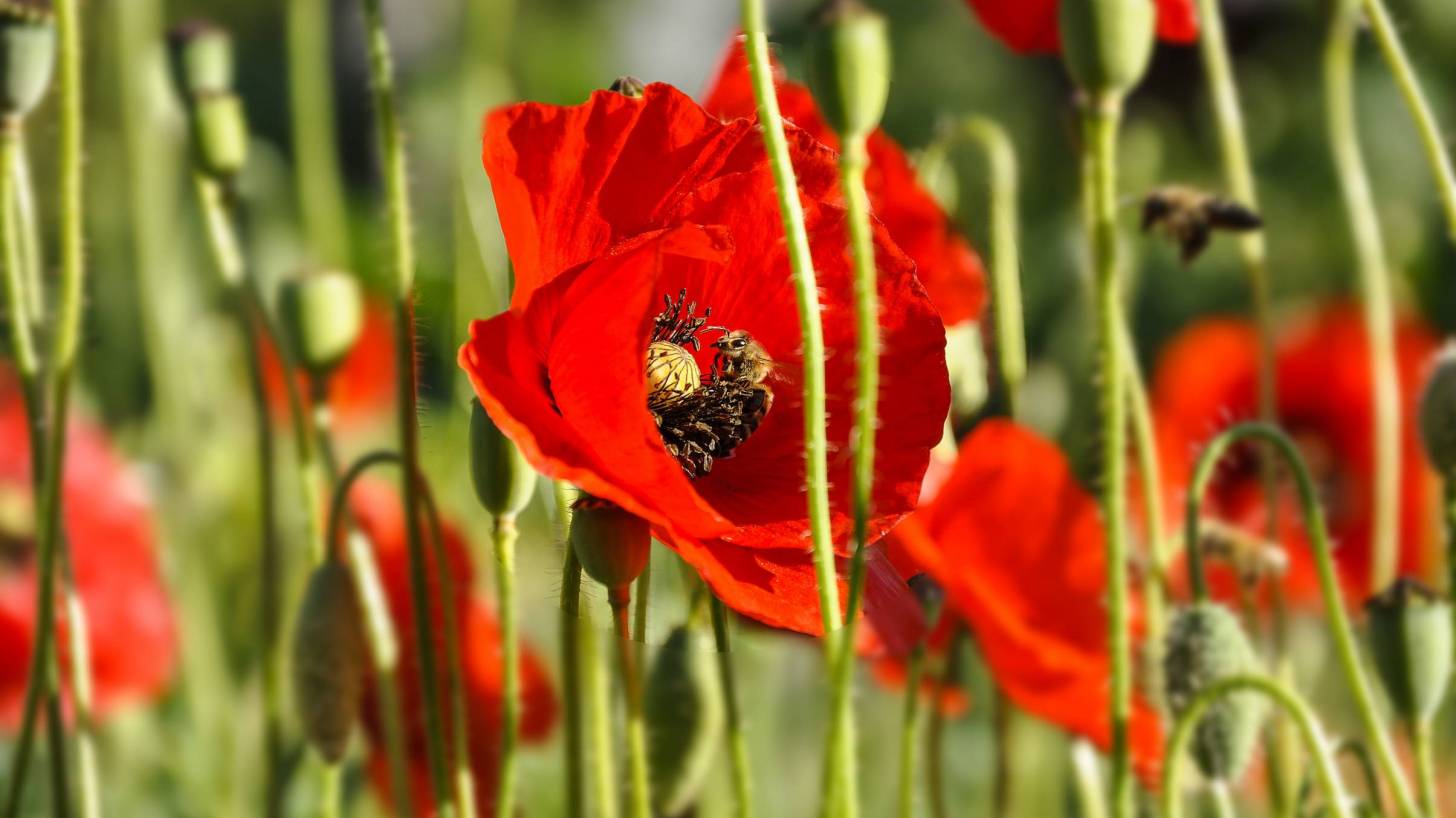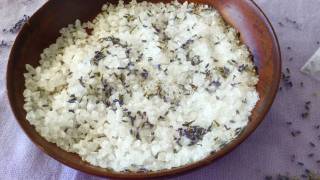Heroin Vaccine Ready for Clinical Trials

As heroin-related deaths increase, a new vaccine may block the drug's addictive impact.
A vaccine developed at The Scripps Research Institute (TSRI) to block the "high" of heroin has proven effective in non-human primates.
Heroin is an opioid drug made from morphine. Morphine is a natural substance taken from the seed pod of the Asian opium poppy plant. The drug is either smoked, snorted or injected and is highly addictive.
This is the first vaccine against an opioid to pass this stage of preclinical testing.
These researchers noted that this vaccine candidate works only against heroin and not other opioid-based painkillers or medications for treating opioid addiction or overdose.
"This validates our previous rodent data and positions our vaccine in a favorable light for anticipated clinical evaluation," said study leader Kim Janda, the Ely R. Callaway Jr. Professor of Chemistry and member of the Skaggs Institute for Chemical Biology at TSRI.
The Janda Laboratory at TSRI has been working on their heroin vaccine for over eight years; the researchers had previously tested vaccine candidates under laboratory conditions and in rodents, where the strategy proved effective for neutralizing heroin.
"We believe this vaccine candidate will prove safe for human trials," Janda said.
Janda pointed out that the components of the vaccine have either already been approved by the FDA or have passed safety tests in previous clinical trials.
The Centers for Disease Control and Prevention (CDC) reports that heroin-related deaths in the U.S. more than quadrupled between 2010 and 2015, killing nearly 13,000 people in 2015.
Ninety-one Americans die every day from an opioid overdose.
This research was published in the Journal of the American Chemical Society. The primate experiments were led by researchers at Virginia Commonwealth University. Overall, these preclinical results provide an empirical foundation supporting the further evaluation and potential clinical utility of an effective heroin vaccine in treating opioid use disorders.
These researchers did not report any conflicts of interest. In addition to Janda and Bremer, authors of the study, "Development of a Clinically Viable Heroin Vaccine," were Bin Zhou of TSRI; and Joel E. Schlosburg, Matthew L. Banks, Floyd F. Steele and Justin L. Poklis of Virginia Commonwealth University.
The study was supported by the National Institutes of Health (grants UH2DA041146, R01DA026625, K99DA037344 and F31DA037709) and the Skaggs Institute for Chemical Biology.
Our Trust Standards: Medical Advisory Committee








